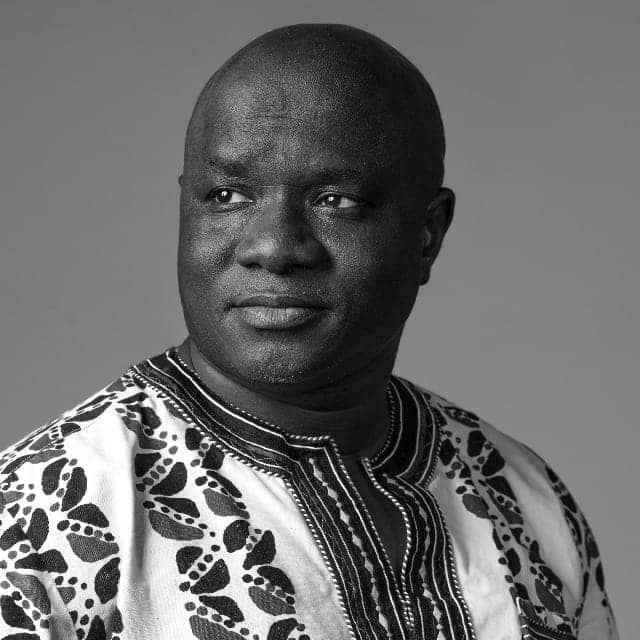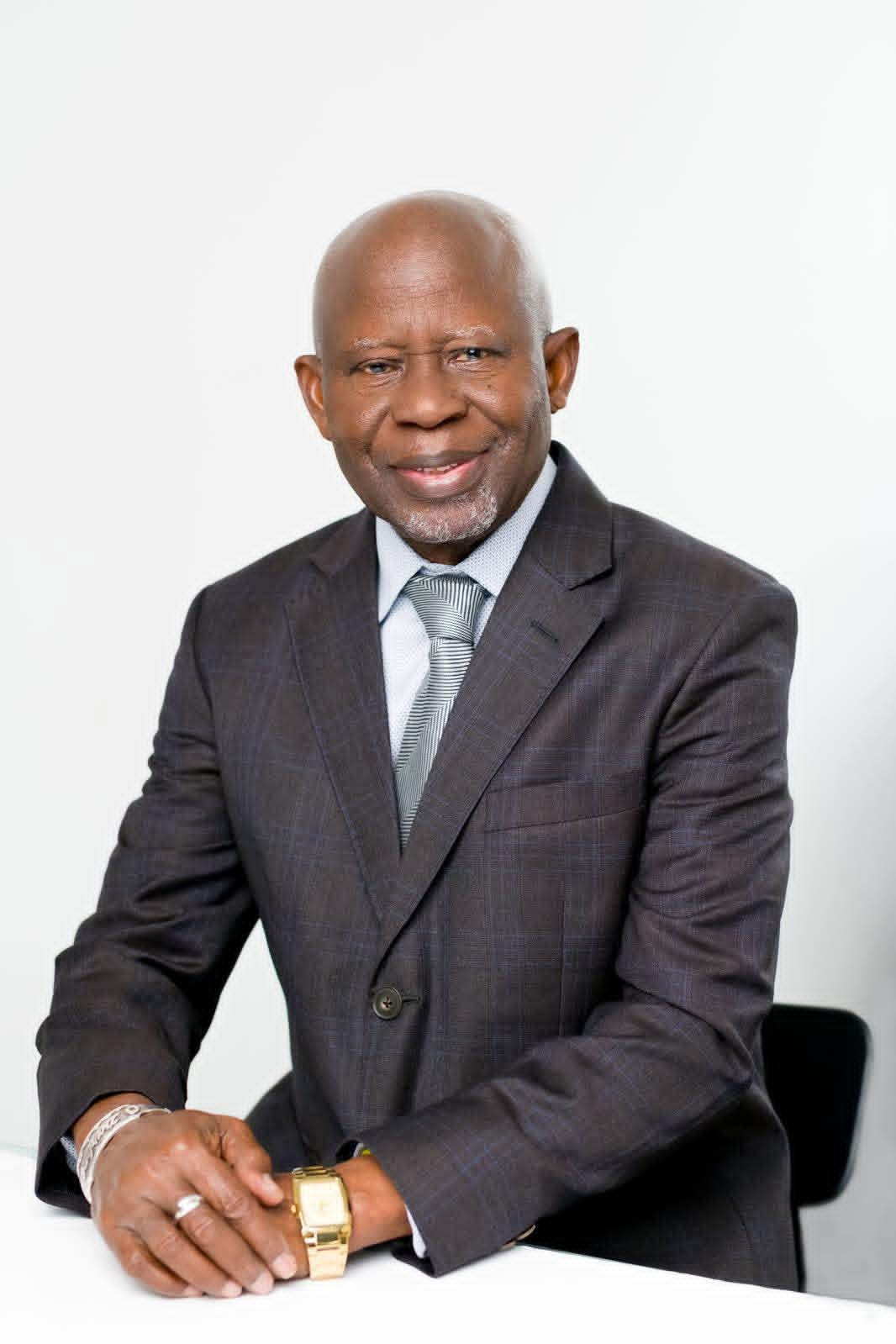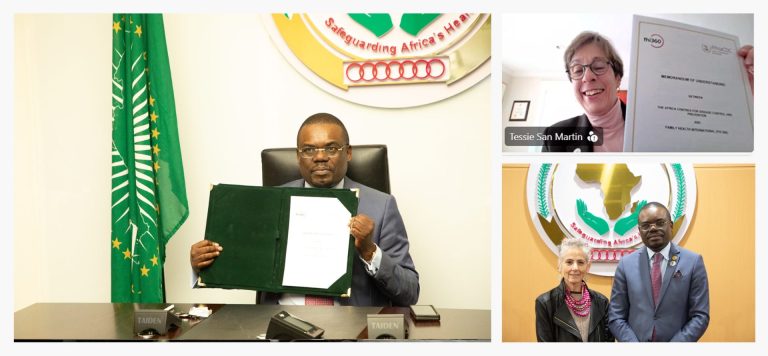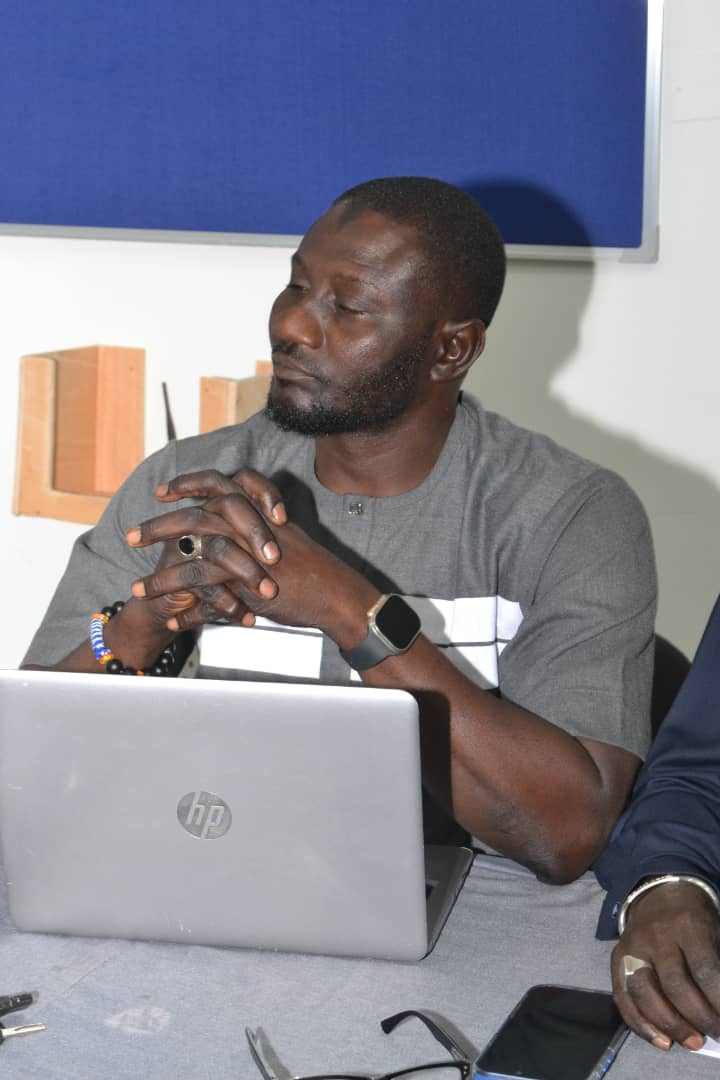By Madi Jobarteh
The Minister of Information Dr. Ismaila Ceesay and other Government officials such as the Deputy Speaker of the National Assembly Seedy Njie as well as Pres. Barrow himself are fond of saying that they are committed to combating corruption. They claim that they want to adhere to the rule of law, and the Government will not prance on anyone without legal justification. This morning Minister Ceesay was on Coffee Time with Peter Gomez to further buttress these points.
To defend his Government’s fight against corruption, he mentioned a list of audit reports and police investigations which he said are ongoing. I contributed to the program to say that his list was inexhaustive as there are many more cases of corruption. I urged him to issue a statement so that citizens can see and read the list as a matter of transparency and accountability. Instead of accepting my suggestion, he challenged me to provide more cases of corruption as he denied my assertion.
Let me therefore provide him and the public with an overview of corruption cases in his Government. First of all, the 1997 Constitution and the laws of the Gambia intend to have a corrupt-free government. The Constitution contains several provisions aimed at combating corruption, but its effectiveness is limited by gaps in enforcement, institutional independence, and clarity.For example, Section 222 outlines a Code of Conduct for public officers, including provisions against conflict of interest, abuse of office, and acceptance of bribes or gifts.
It also mandates declaration of assets and liabilities. Further, the Constitution establishes the executive, legislature, and judiciary as separate arms of government, providing a structural basis for checks and balances designed to prevent, detect and punish corruption.The National Assembly is empowered to summon ministers and public officials, question expenditures, and form oversight committees such as the Finance and Public Accounts Committee (FPAC) and the Public Enterprises Committee (PEC) as well as the Public Petitions Committee (PPC) to prevent, detect and punish corruption.
On auditing and financial oversight, Sections 160 to163 create the Auditor-General and the National Audit Office, which are tasked with auditing public funds and reporting directly to the National Assembly. This creates a constitutional backing for independent financial scrutiny of government accounts.
Finally, the Constitution guarantees judicial independence (Section 120) and establishes the Office of the Ombudsman (Section 163A), which can investigate maladministration and misconduct in the public service.Section 160(5), states, “Wherever discrepancies of a criminal or fraudulent nature are discovered during the audit of accounts by the Auditor-General, he or she shall immediately cause a report of his or her findings to be submitted to the Inspector General of Police.”Indeed, the Auditor General has referred several cases to the IGP. But consistently, the Auditor General has lamented the perennial delays, lack of follow-up and the weak enforcement of sanctions or corrective actions by public institutions including the IGP.
They have noted that many institutions ignore audit recommendations with no consequences. Key among these institutions that fail to implement audit recommendations are the National Assembly, the Inspector General of Police and the Office of the President. The NAO had audited Government financial accounts for 2016, 2017, 2018, 2019 and 2020 with serious financial and performance discrepancies found for which there was no accountability from these institutions mentioned above.
For example, in the 2017 report, NAO found withdrawals of D669M were made from the ‘Special Security Account’ without the approval of the Accountant General. The NAO had recommended in a previous audit exercise that this illegal account should be closed but it was ignored by this Government. Similarly, the Auditor General reported in the 2018 audit of Government accounts that, “We noted that D23,675,354.00 was spent on procurement of eleven (11) vehicles; initial payment of D14,761,004 was made in 2017 and final payment was made in 2018.
However, the delivery of Nine (9) vehicles were made to the Office of The President before the contract for this procurement was signed in December 2017.”These are just the tip of the iceberg of the massive corruption in the Government. These reports have been reviewed and approved by the National Assembly and queries referred to the IGP, yet there has been no accountability. The IGP has had several audit reports under investigation including reports on EFSTH, IEC, Ports and others for years now without conclusion or action.
The Final Report of the Finance and Public Accounts Committee (FPAC) approved in June 2025 over audited Government accounts from June 2022 to July 2023 reveals serious and widespread instances of corruption, misappropriation, and misuse of public funds across various ministries, agencies, and local government institutions. These, including over D62.5 million in cheques, were reported as cancelled and still withdrawn from the bank, suggesting fraudulent activity.
The Report showed gross misuse of the Contingency Fund where about D474 million was used for expenditures that should have been budgeted for. The Auditor General said the virements made from the fund violated the 1997 Constitution.In Marh 2024, the National Assembly considered the recommendations of the Consolidated Report of the Standing Committee on Public Enterprises (PEC) for the period 2019 and 2020 on fourteen State-Owned Enterprises.
The report highlights massive corruption and misappropriation and other malpractices and passed a unanimous resolution for recovery of public funds and reforms. Meanwhile the Public Petitions Committee had found massive corruption and abuse of office within the GTBoard and the Ministry of Tourism with no one facing consequences. Talking about virements, FPAC said D79 million in virements was used to create new positions without approval. Contracts worth D649,300 were single sourced without GPPA approval. Imprest disbursements totaling D2.18 million were made without proper authorization by the Permanent Secretary.
Additional D651,706 was disbursed without supporting imprest requests. Payment vouchers totaling D1.54 billion lacked adequate documentation. Department of Geology showed a D3.27 million discrepancy between GTR receipts and bank deposits. IFMIS and GTR receipts at the Ministry of Justice and Geology Department could not be matched with deposit slips, totally an unreconciled amount of D7.3 million. These are findings by the NAO.These findings paint a disturbing picture of systemic corruption, mismanagement, and impunity across multiple levels of government.
FPAC has recommended investigations by Police and recovery of funds, as well as sanctions against Accounting Officers, and reforms in financial oversight and control systems. Nothing has happened. Over the years, the Auditor General conducted several Special Audits on Government projects & contracts. These included the Banjul Rehabilitation Project, COVID-19 Response Fund, Eco-Tourism facilities, Road, and Culvert Projects, Securiport, and several projects under the ministries of Health, Interior, Fisheries, and Finance, among others.
The recurring and consistent theme in all these special audit exercises is the lack of supporting documentation such as payment vouchers, receipts, bank statements, and other key documents to justify expenditures. Public officials flatly refuse to share necessary documents with NAO.
The Auditor General found payment vouchers totaling over D1.5 billion were unsupported during project audits. There is also the perennial issue of non-compliance with GPPA procurement rules with several instances of unjustified single-sourcing, inflated contract costs, absence of procurement planning, and contracts awarded without tendering, approval, or documentation of value for money.
The issue of unretired imprest is persistent as ministries and project managers routinely fail to retire imprest, thereby violating financial regulations. There are also cases of imprest disbursed without approval, or in excess of allowable limits. Then there is the issue of overpayments to contractors due to poor contract supervision or misclassification of funds. Contracts executed without completion certificates or evidence of deliverables. To cover up acts of corruption, officials fail to keep or destroy records.
Ministries and agencies often fail to maintain proper records, thereby making audit verification difficult or impossible. The list goes on and on…Evidently, this brief article is just a snapshot into the massive corruption in this Government. Yet, no one is held to account. Apart from the case of former PS Fisheries Bamba Banja, no senior official has ever been convicted. The case of former Governor Abba Sanyang keeps dragging like the rest. I hereby challenge Dr. Ismaila Ceesay to a debate on corruption in this Government on Coffee Time anytime, if it pleases Peter Gomez.
I will conclude to say that not only is the Barrow Administration corrupt, but Pres. Barrow himself and his officials such as Dr. Ismaila Ceesay actually actively encourage, protect, and reward corruption. When they make such statements as corruption is as old as mankind; that audit reports are mere opinions; that we cannot just arrest people like that; or ignore, promote or redeploy officials implicated for corruption in audit reports then they are not only running away from responsibility but are actively supporting corruption and corrupt officials.
The evidence of their words and actions can be seen in the flagrant and widespread corruption currently prevailing across the Government since 2017.
The fact that a parliamentary inquiry is currently taking place over the outcome of the Janneh Commission on the disposal of the Jammeh Assets, does anyone need any more evidence of the culture of corruption under pres. Adama Barrow? Meanwhile, I have not even mentioned the reports of investigative journalists and civil society organizations exposing the culture of corruption under Barrow.For The Gambia, Our Homeland
About the author:The author is rights activist and founder of the Edward Francis Small Center for Rights and Justice.
The views expressed herein are those of the author, and do not necessarily represent the views of the publisher. Want to be a contributing author, please email: info@outpost220.net






